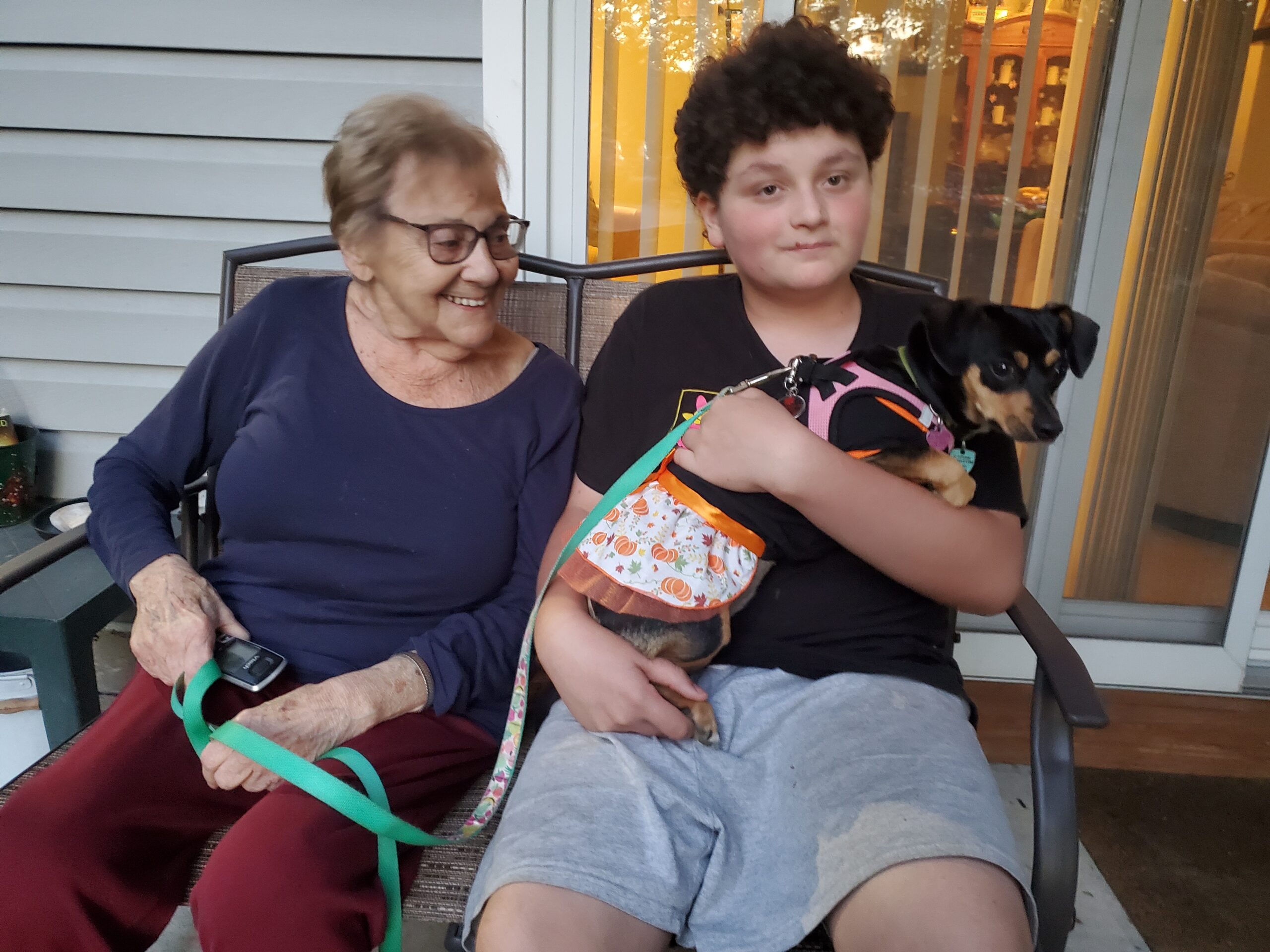
When you have children, you’re going to find that you take on a whole lot more responsibility than when you were only catering to your own needs or your own and your partner’s needs. You suddenly become entirely responsible for another person’s happiness, health and wellbeing. This means that you’re going to find yourself focusing on all sorts of areas that can help your little one to lead a better life. You’ll spend time understanding parenting methods. You’ll spend time looking into good schools for their education. You can take time to make sure that they’re attending healthcare appointments like vaccines, dental checkups and more. You can ensure you’re helping them to invest themselves in hobbies and social activities. The list goes on. But one key area that you have to focus on is their diet. All people, including kids, need to enjoy a healthy balanced diet, but many parents find that they struggle for time when it comes to delivering on this front. Here are some suggestions that can make family mealtimes as simple and straightforward as possible.
Meal Planning
The first step towards making family meal times good and healthy is to take time meal planning. When you have a clear idea of what meals you’re going to enjoy throughout the week, the more likely you are to stick to the healthy meals you had in mind. All too often we turn to convenience food for – well, the sake of convenience. The issue is that convenience foods are often nutritional void and may contain excess salts and sugars. Meal planning doesn’t have to mean coming up with difficult to make options. Keep things simple, but keep them balanced. You may be able to find inspiration from recipes like Bacon Wrapped Smoked Pork Tenderloin. There are plenty of options out there and you’re bound to find a few favorites that will become a more regular part of your routine.
Meal Prepping
It’s all good and well having a meal plan in place, but many people will still fall off the wagon here. They’ll have good intentions, but won’t actually follow through with them. You can help to keep things on track with meal prepping. Meal prepping is when you collect and partially prepare your meals ahead of time. This means that no matter how busy you may be, or how little time you may feel you have on your hands, you will be able to put together healthy meals with minimal effort and time involved. Look at what elements of each meal you can prepare beforehand. This could be chopping vegetables, marinating meat or anything else. You may even want to fully prepare meals that can then be frozen or stored in tupperware for heating up at a later date.
Hopefully, some of the information and ideas above will help you to create healthier and more wholesome meals with less effort. Give them a try and see how you get on with them.






















